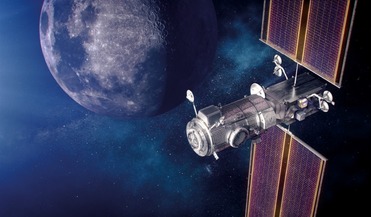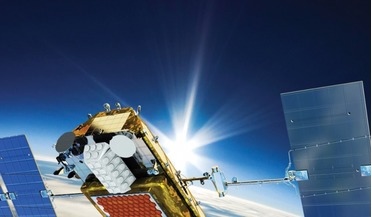 September 2023
Space sustainability and the global commons
September 2023
Space sustainability and the global commons
... binding law has to take into account that space is, and hopefully always will be, characterised as a ‘global common’. The global common concept is not simply a matter of etiquette but has specific characteristics and principles which constitute its...
 October 2024
International space law - the beginning of the end?
October 2024
International space law - the beginning of the end?
... been a recent unilateral move to formally and expressly negate the long-standing consensus that outer space is a ‘global commons’, which in turn hints at the dismantling of the foundations on which international space law has been envisioned, built...
 November 2017
Managing air and space traffic from orbit
November 2017
Managing air and space traffic from orbit
... remains with ICAO and is considered part of the global commons (which covers Earth’s unowned natural resources, such as... compatibility between ATM and STM through the use of a common system of GNSS with ADS-B over Satellite for aerospace management...
 January 2017
Prospects for progress on space security diplomacy
January 2017
Prospects for progress on space security diplomacy
... in the 1967 Outer Space Treaty with its far-reaching provisions that provide space with a special ‘global commons’ status, forbid stationing of WMD in orbit or militarisation of celestial bodies, and specify that the use of space should...
 October 2020
Is NASA’s Artemis Accords agreement Moon-proof?
October 2020
Is NASA’s Artemis Accords agreement Moon-proof?
... of resources mined in space. It has become clear, therefore, that the United States does not view space as a “global commons” and sees a clear path to off-Earth mining without the need for further international treaty agreements...
 November 2017
Geospatial maritime solutions
November 2017
Geospatial maritime solutions
...in leveraging space-based systems for more complete MDA? Given the nature of the maritime domain being a global common, international cooperation plays a vital role in leveraging space-based solutions for greater MDA. International organisations such...